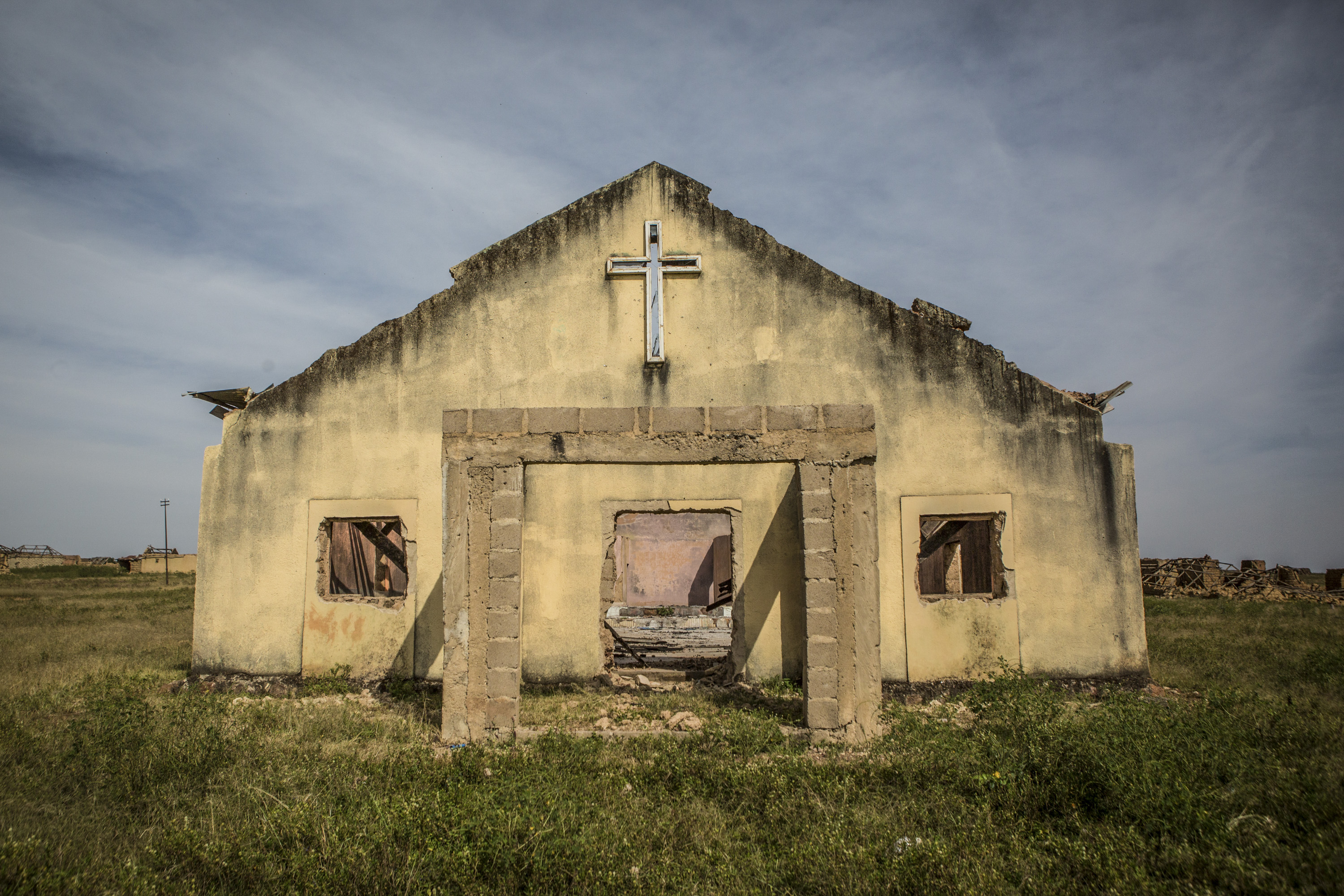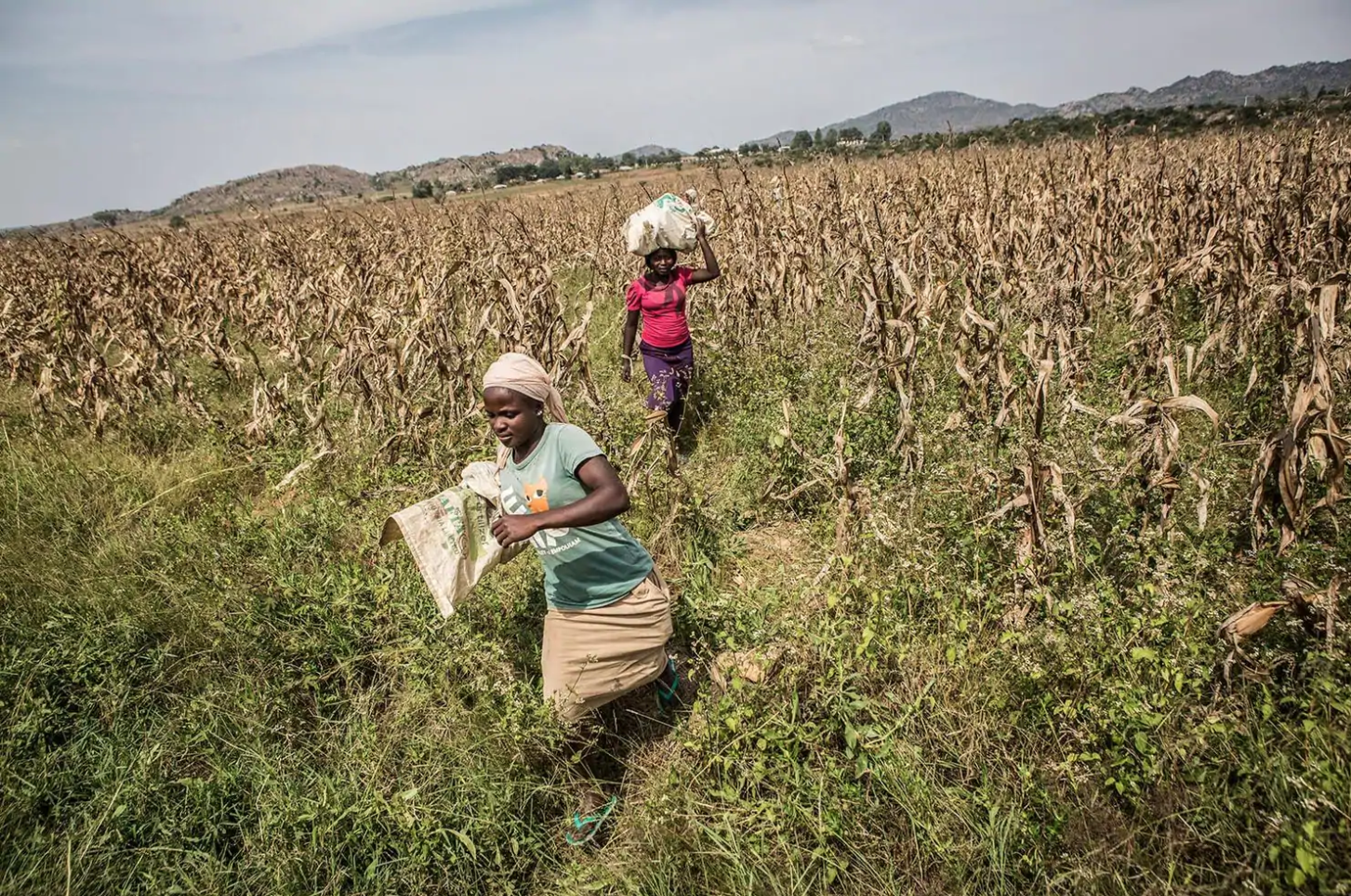
Upon entering Plateau State in Nigeria’s lush Middle Belt, a heavy blanket of heat and humidity lifts as you climb in elevation. The crisp, cool air is heightened by rolling green hills and rock formations that decorate the arresting landscape. Most of the Middle Belt is considered Nigeria’s breadbasket, providing crops for much of the nation. Small groups of boys move with herds of sheep, goats and cows traveling from near and far to graze on the land and to be sold at market. This is where the increasingly arid and thirsty north connects with the tropical south, where the Muslim and Christian populations meet, where people from a multitude of ethnicities who depend on the land for their livelihood live side by side, competing for an ever-shrinking terrain.
Since 2001, thousands of lives in Plateau State have been lost. The crisis stems from growing poverty and overpopulation, corrupt governance and the ongoing battle over richly fertile land. Although religion plays an important role in the Middle Belt and Nigeria as a whole, those in power are using people’s devotions to fuel the crisis in a long-standing battle for political dominance — especially now in the lead-up to next year’s presidential elections.
But the conflict has further evolved, pitting farmers against herders, each trying to gain control over the other for resources. Exacerbating the crisis are groups of heavily armed masked men roaming the countryside and terrorizing the population by rustling cattle, killing civilians and burning villages. Although nobody knows who they are or where they come from, victims immediately blame Fulani herders because the perpetrators speak the Hausa language.
In August, I traveled to Fulani communities around Jos, the capital of Plateau State, where people spoke of the violence and discrimination they endured in reaction to attacks on farmers. Most of the people I interviewed expressed gratitude, as few have ever been asked to tell their stories. Many of the herders whose homes were destroyed in violent reprisals have found refuge within other communities — a stark difference from the organized camps housing predominantly Christian farmers who receive regular aid and most of the local media attention.
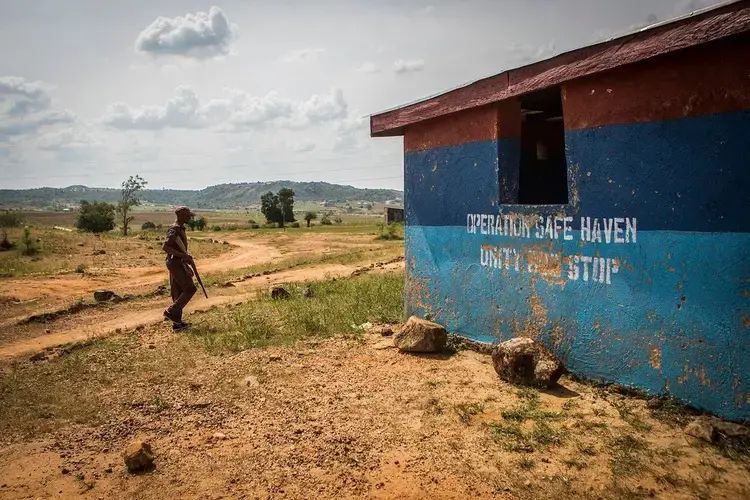
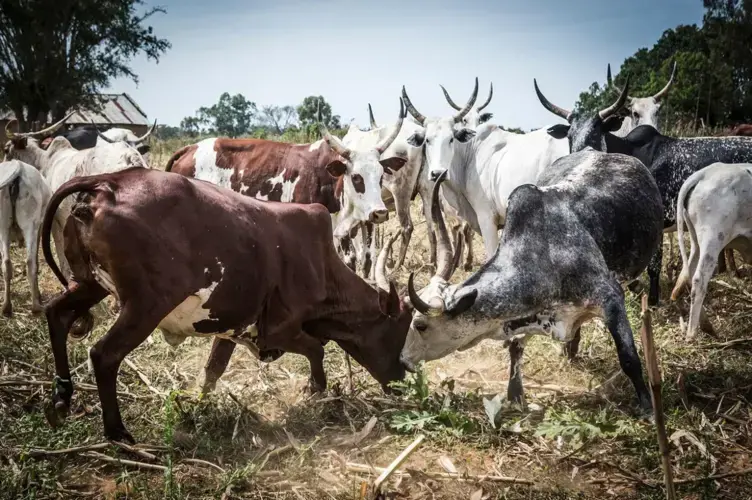
This type of long-standing institutional favoritism continues to fuel the flames of a very precarious crisis. In Nigeria, those who can prove they are indigenous to the state are allowed government benefits, while non-indigenes, regardless of how long their families have lived in the state, are granted few, if any.
Although the division between both sides was evident, they were united in their distrust of state security, as each side thinks police and military forces are corrupt and will favor the other during disputes for compensation. “When we are attacked, no one comes to our aid,” said Lowell Umar, a displaced herder. “No arrests are made and nothing has been done, so we think they are complicit.”
During this trip, I met Lami Sadiq, the bureau chief for the Nigerian newspaper Daily Trust, whose in-depth knowledge of and objectivity toward this complex situation were invaluable for my reporting. Many inaccurate and divisive local reports have incited violence. Most are the result of inter-ethnic rivalry, but some are attributed to inadequate journalistic efforts. It was through Lami’s work in the region and her connection with the vigilantes that we were able to tell this story of a local initiative working to bring peace for their families and neighbors regardless of creed and religion.
After receiving funding from the Pulitzer Center on Crisis Reporting, Max Bearak of The Washington Post, Lami and I embedded with the most active members of the Vigilante Group of Nigeria: the Barkin Ladi Division.
Barkin Ladi, a rural and underdeveloped area on the edge of Jos, is one of the hardest-hit areas in Plateau State. Hundreds of people were killed earlier this year. We not only witnessed the vigilantes keeping hostile areas secure but also documented how they work as intermediaries for all types of disputes — all while receiving no payment from the Nigerian government and only small donations from grateful communities.
“We want to join hands with the security forces to take care of our environment,” said Esther Choji, 38, who joined the Vigilantes in 2014. “We are close to the community. We are the community. When people hear about security issues, they can communicate it to us.”
It was clear in our visits to many affected communities that, for the most part, the Vigilantes formed the first line of defense between the general population and these unknown masked men terrorizing central Nigeria.
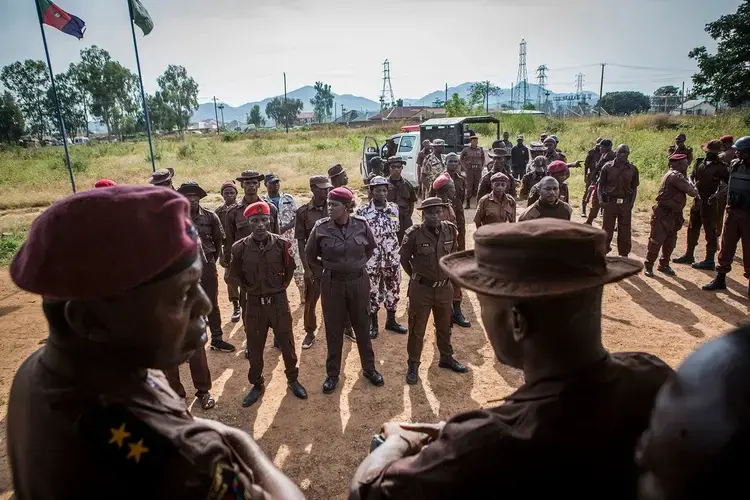
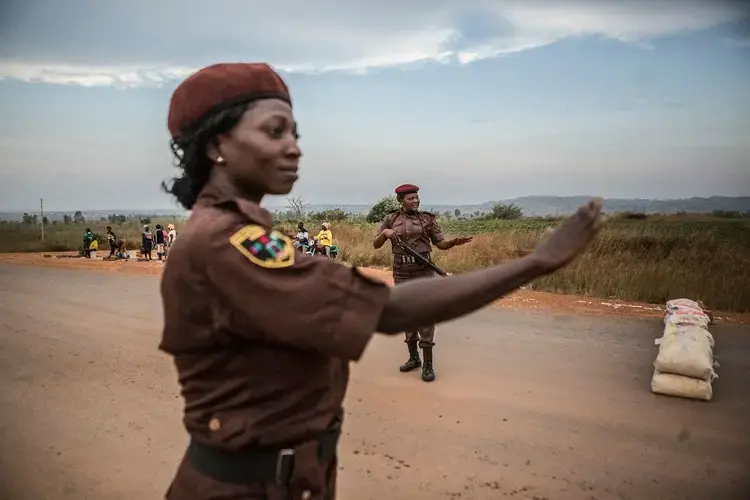

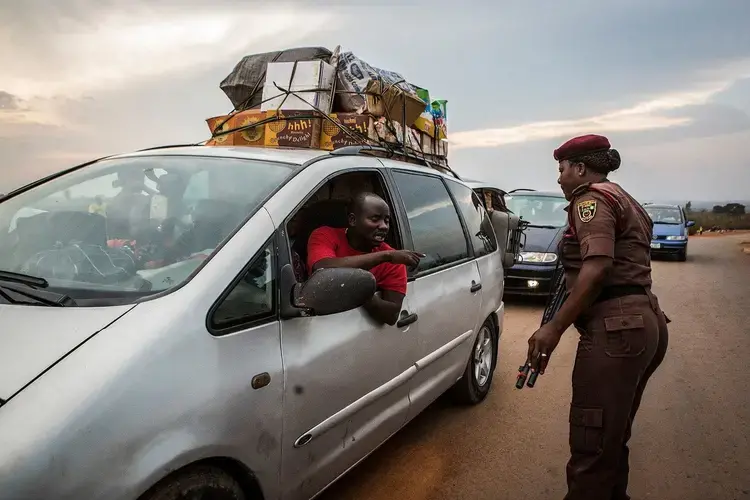
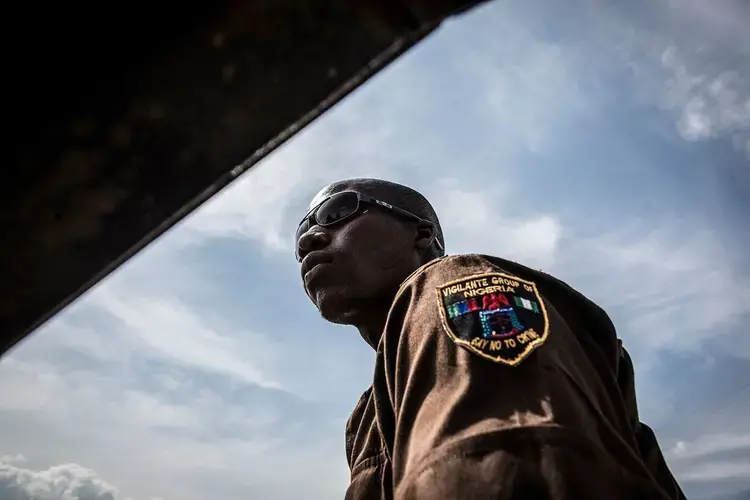
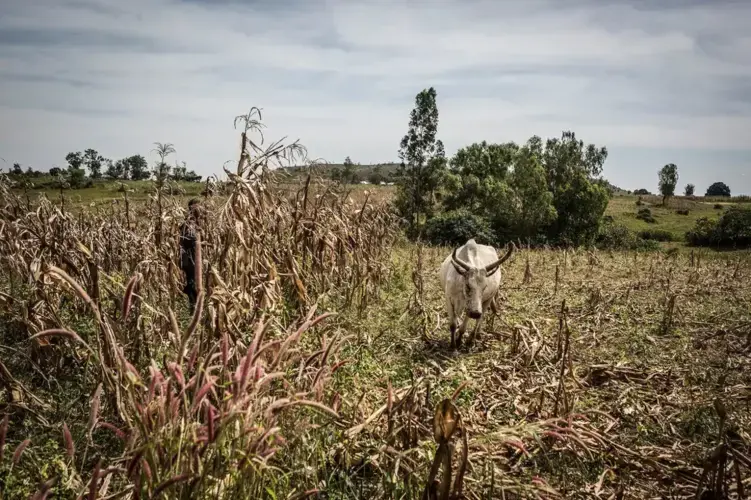
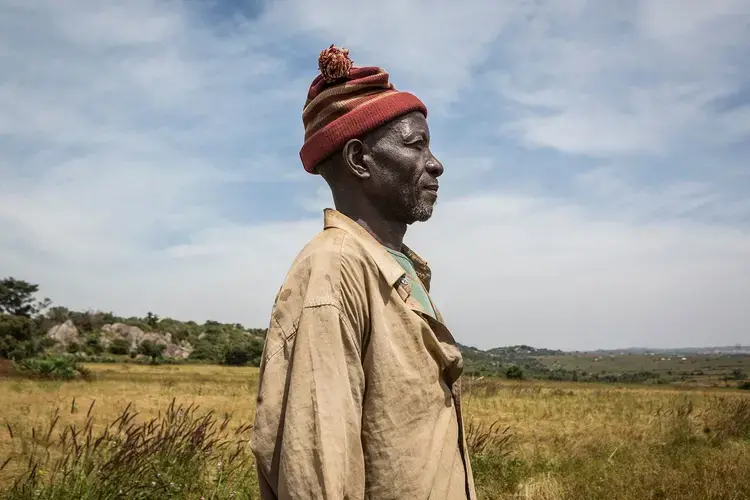
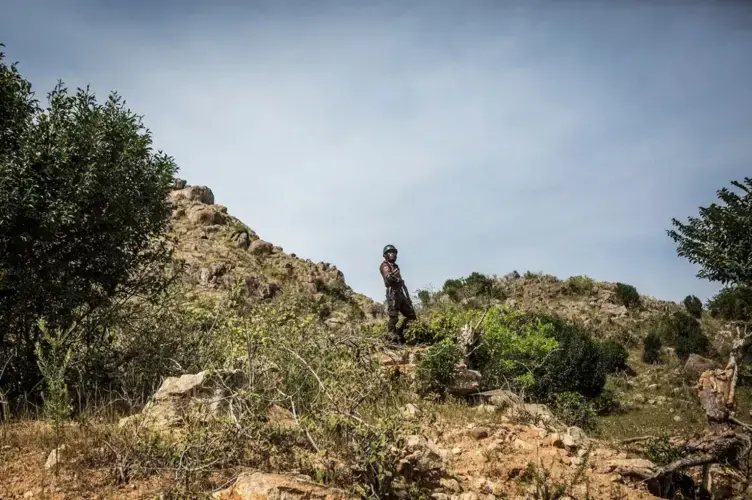
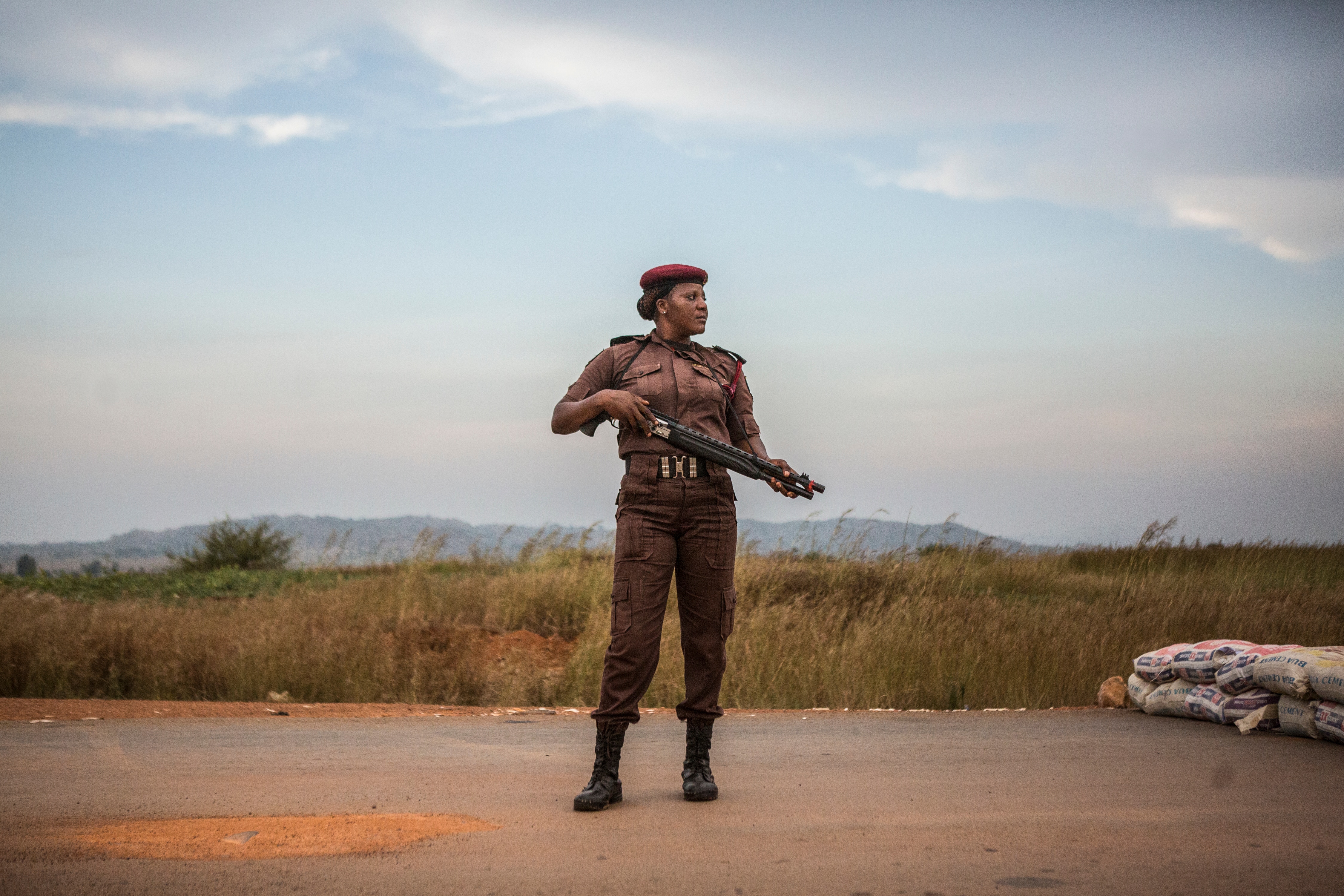
Education Resource
Meet the Journalists: Jane Hahn and Max Bearak
A decades-long battle over territory between herders and farmers in Central Nigeria has escalated...


